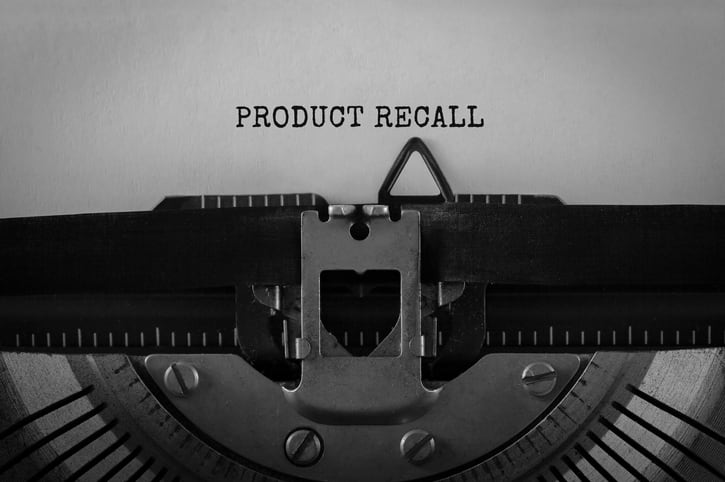Laura Contin, Account Director at the European Specialist Sports Nutrition Alliance (ESSNA) joined a panel discussion at NutraIngredients' Sports And Active Nutrition Summit Europe (SANSE) earlier this month (October 6) to talk about the state of play of the industry when it comes to regulatory affairs and overall compliance in the sector.
As has been the case for many years, the majority of the sports and active nutrition industry seeks to comply with consumer protection rules and legislation but Contin said there is always a handful of companies still looking to sell products containing illegal substances or market products with misleading information or health claims.
Speaking to NutraIngredients after the SANSE, Contin explains some of the challenges involved here, including a lack of resources in monitoring and enforcement and inadvertent doping. She notes that recent research shows that 10 – 15% of supplements on the market may suffer from low levels of contamination.
Some companies may unwittingly use unauthorised ingredients or use unauthorised claims due to simple lack of expertise, she adds.
But Contin says new efforts to regulate the market are having a positive impact.
"The Rapid Alert System for Food and Feed (RASFF) in the EU enables swift action when risks to public health are detected in the food chain... and non-compliant businesses may face up to €250,000 costs for failing to comply.
"More recently, the industry has voluntarily made significant progress in raising the levels of quality assurance for its products, for instance by adopting testing and certification programmes such as Informed Sport, NSF International and Cologne List."
Future regulatory challenges
As part of the Farm to Fork Strategy, the European Commission is planning to introduce harmonised and mandatory front-of-pack nutrition labelling (FOPNL) and nutrient profiles to improve food information to consumers and tackle the consumption of foods high in fat, salt or sugar (HFSS).
This a challenge for the sports nutrition industry as many of its products are, by design, made with higher levels of certain nutrients (usually sodium or carbohydrates/sugar) to cater for the specific dietary needs of people engaged in physical activity.
"The clear benefits of these nutrients for sportspeople have been acknowledged by the European Food Safety Authority (EFSA)," Contin explains, "however, sports nutrition products may, due to their composition, score poorly on FOPNL and nutrient profiles. As a result, they may not be allowed to bear health claims, depriving consumers of valuable information. As such, nutrient profiles would not improve the understanding of sports nutrition food products but would rather penalise consumers and prevent them from making healthy, informed choices.
"ESSNA has launched a targeted campaign and has been actively engaging with policymakers to raise awareness of the need for exemption of sports nutrition products from the nutrient profiles and FOPNL legislations."
Ahead of the Commission adoption of the legislative proposal on FOPNL and nutrient profiles, expected in February 2023, ESSNA launched a survey to gather the sports and active nutrition industry’s expert views on the impact of FOPNL for the sector.
"The results of the survey confirmed that a FOPNL based on the dietary needs of the general population would create obstacles with regards to the communication of the benefits of sports nutrition products and would pose significant economic challenges for the industry," says Contin.
"Stakeholders stressed the costs of product reformulation and showed that some businesses may face costs of up to €4,000,000 for redesigning product labelling."
Current legal framework
Sports nutrition, like all food products sold in the EU, must comply with the general food legislation. This includes general safety and labelling requirements, nutrition and health claims rules, and regulations on foods substances and additives.
On top of that, the Food Supplements Directive and the Fortified Foods Regulation covers certain sports nutrition products with specific compositional and labelling requirements.
Plus there’s the Novel Food Regulation which governs any new ingredients.
ESSNA has developed and made publicly available its Framework on Tackling Inadvertent Doping. This explains how products can become contaminated and provides guidance and advice to the industry on how this problem can be minimised. It has a dedicated webpage which consumers and businesses can use to bring any suspicious products to the attention of the group.
ESSNA members abide by ESSNA’s strict Code of Practice which ensures that their products are compliant with the law. ESSNA has also made available a kitemark for its members.


